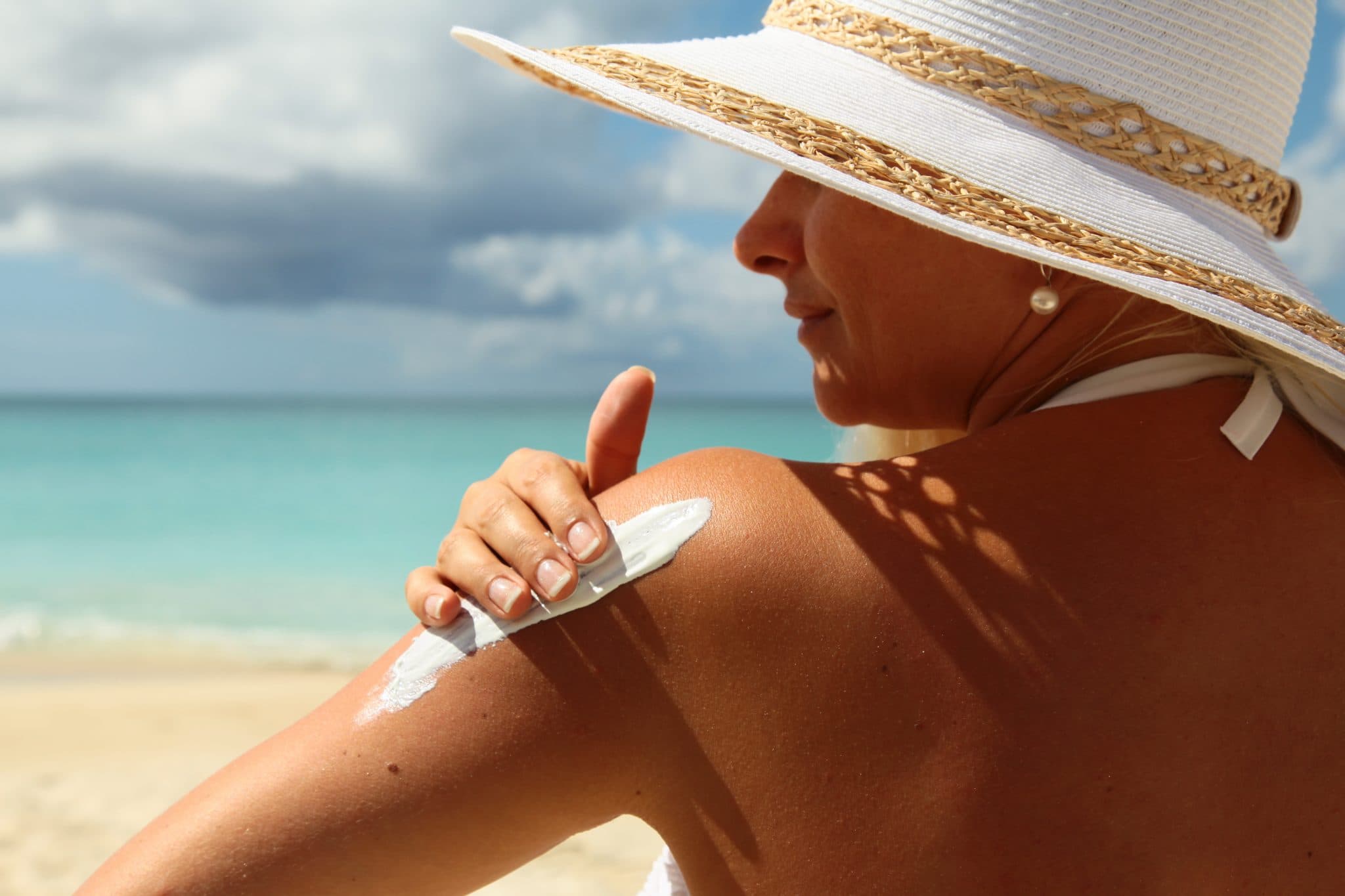
2025-07-31T16:54:08
Different Types of Sunburns and How to Treat Them
- Dermatology
May 11, 2017 | Cancer Center • Dermatology • Hematology-Oncology
Specialties:Dermatology • Hematology-Medical Oncology

The lifestyle choices we make affect our risk for many conditions, including skin cancer. While some factors, like genetics, are uncontrollable, there are several that you can take charge of.
The National Cancer institute divides cancer prevention into two areas: risk factors (anything that can increase your risk of cancer) and protective factors (anything that can decrease your risk of cancer). The goal is to avoid risk factors wherever possible and maximize protective factors.
Risk factors for both melanoma skin cancer and nonmelanoma skin cancer include smoking, being overweight, lack of exercise and significant exposure to ultraviolet (UV) radiation. Individual sensitivity to UV radiation can vary between people, and can have a big effect on risk levels.
Risk factors for nonmelanoma cancer, like basal cell or squamous cell carcinoma, include:
Risk factors for melanoma cancer include:
Avoiding certain risk factors is a great start for reducing your risk of skin cancer. In addition to avoiding risk factors, there are several protective steps you can take to prevent skin cancer:
For more information on skin cancer or its prevention, speak to your doctor.
*Note: No two cancer cases are alike. None of the statements herein are designed to suggest a “one size fits all” approach, and each case will be evaluated individually.
“Skin Cancer Prevention (PDQ)-Patient Version.” National Cancer Institute. https://www.cancer.gov/types/skin/patient/skin-prevention-pdq#section/_16
“What Is Skin Cancer?” WebMD. https://www.webmd.com/melanoma-skin-cancer/understanding-skin-cancer-basics
“Prevention Guidelines.” Skin Cancer Foundation. https://www.skincancer.org/prevention/sun-protection/prevention-guidelines
WRITTEN BY:
The Live Better Team

2025-07-31T16:54:08

2025-06-10T13:54:10

2025-05-07T13:59:05

2024-11-15T13:52:32
This information is not intended to replace the advice of a medical professional. You should always consult your doctor before making decisions about your health.